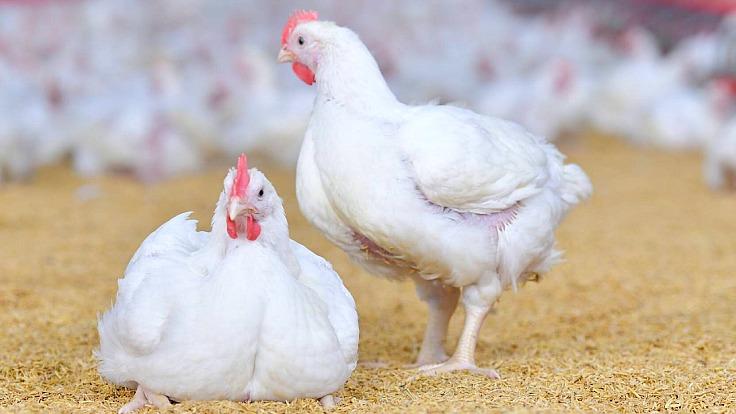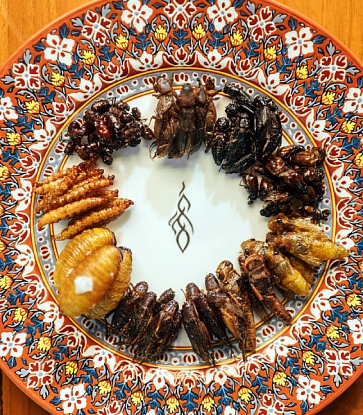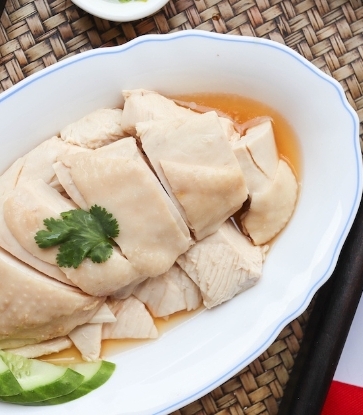Did you know that just as we have fundamental rights to basic welfare, so do livestock and farm animals?
These rights extend beyond welfare and include happiness and healthiness. With these rights, or “freedoms”, livestock has a better quality of life, which means improved flavour and quality when they go to market. These higher quality ingredients, in turn, means healthier meals for consumers. These concepts led to the Five Freedoms of animal welfare, which are widely accepted global standards for raising livestock that impacts everyone’s well-being.

1. Freedom from hunger and thirst
Farm animals must have enough to eat. They should be fed as is appropriate for their ages and species, even to specific breeds. This includes not going thirsty. There should be clean water and supervision to ensure proper levels of nutrition.
2. Freedom from discomfort
Did you know that livestock needs comfortable living environments? They need ample space that is open-air or well-ventilated with natural sunlight and suitable temperatures. There should not be over-crowding, and there should be proper waste management to prevent pollution, which includes disturbing noises, and contamination, especially where the animals eat and drink.

3. Freedom from pain, injury, or disease
Livestock must be protected from pain, injury, and disease. They should be properly cared for, with prompt diagnoses and treatments if ailing. This includes regular health and safety checks to ensure quality of life standards are met.
4. Freedom from fear and distress
Just like people, farm animals should not live in fear or under stressful conditions. Not only does fear and stress create discomfort, but they also can affect an animal's health and well-being. If an animal feels constantly unsafe or distressed, it may become mentally and physically weakened. Skittishness and anxiety may affect physiological systems, causing sleeplessness and loss of appetite, which could lead to illness.
5. Freedom to express normal behaviour
Animals need room to comfortably live and freely roam. So, farm animals should also have space to live and move around with ease. They should be in familiar surroundings, kept with other animals of their own kind to promote their natural behaviours. This helps ensure sound mental and physical health for a satisfying life.

These are the Five Freedoms of animal welfare, standards accepted and practiced around the world. And they are the standards U-Farm follows for raising its chickens. The chickens from U-Farm for Benja Chicken are raised “cage free” so that they can walk and run freely in safe, hygienic spaces and are well-fed and cared for, protected against disease and contamination. The facilities are temperature-controlled, providing optimal conditions for specific ages, with water filtration systems and nutrition adjusted to ensure proper development and growth.
This happy chicken farm goes even further by feeding every chicken brown rice. A nutrient-rich superfood, brown rice promotes healthy chickens for sweet, juicy, pink meat that is so much better than meat from corn-fed chickens. This method helps guarantee healthy animals with excellent nutrition.
U-Farm does not use hormones or antibiotics, and its chickens undergo routine health inspections by experts to confirm this in order to keep them safe and healthy. The world-renowned NSF International (National Sanitation Foundation) regularly certifies Benja Chicken chicken meat as 100% safe which makes a healthy option for food lovers.
To learn more about Benja Chicken, visit www.benjachicken.com.




















